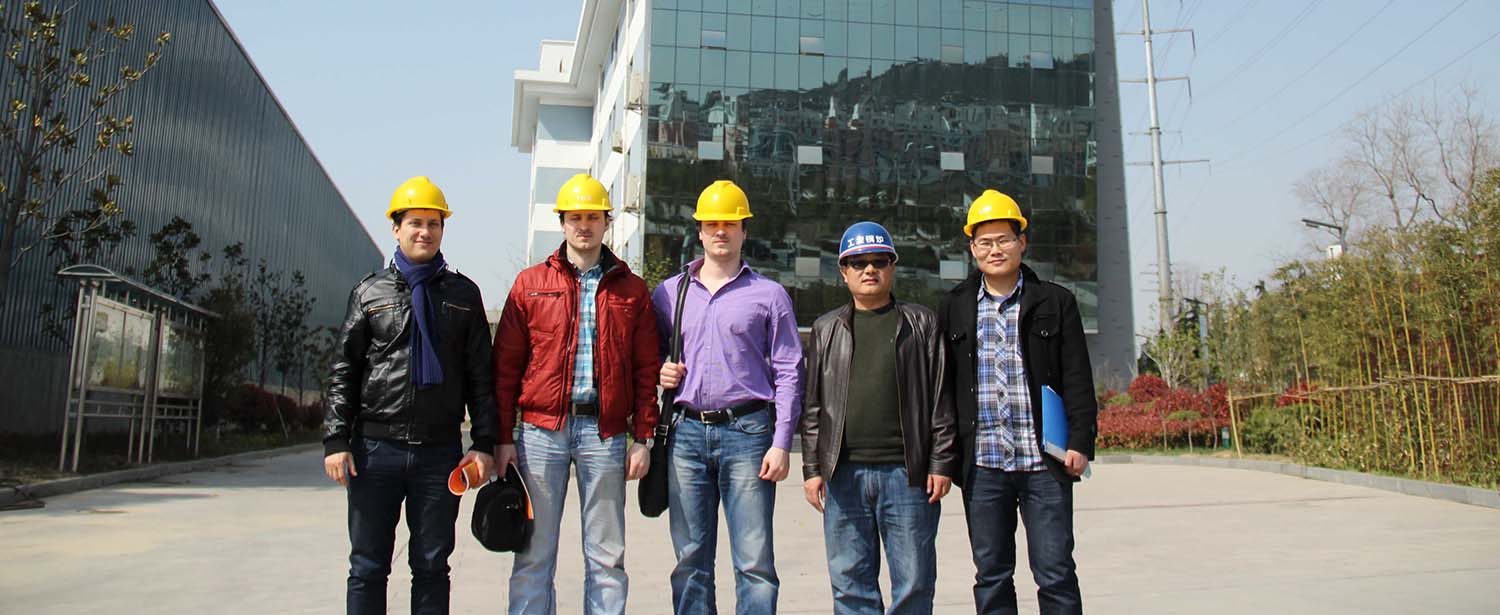(1) If the boiler scales up during operation, it will firstly affect the heat transfer seriously. Since the thermal conductivity of scale is only one tenth of that of steel, when the inner surface of the boiler is scaled, the heat generated by fuel combustion cannot be very good. The ground is transmitted to the water side, which causes the exhaust gas temperature to rise, wastes fuel, and increases operating costs. According to relevant information, the fuel wasted after boiler fouling is in the following proportional relationship: when the thickness of the scale is ≥1mm, the boiler will consume 5-8% more fuel; when the thickness of the scale is ≥2mm, the boiler will consume 10 more fuel ~18%; when the thickness of scale is ≥3mm, the boiler will consume 18~26% more fuel.
(2) When the boiler is fouled, the heat of fuel combustion cannot be transferred to the water side in time, which will increase the temperature of the heating surface. If the heating surface of the boiler is operated in an over-temperature state for a long time, the metal material will creep, bulge and decrease in strength. , Resulting in tube burst; if the boiler water tube is blocked due to a large amount of fouling, the tube burst will happen soon. Boiler tube bursting firstly endangers people’s lives and property; secondly, it is time-consuming and labor-intensive to inspect and repair after the tube burst; thirdly, frequent startup and shutdown of the boiler cause fuel waste; fourthly, the shutdown of the boiler will cause other production lines The suspension of production has caused even greater economic losses.
(3) The boiler fouling will cause under-scaling corrosion of the boiler, which will shorten the service life and endanger safe operation.
(4) Boiler corrosion may cause perforation of the furnace tube and even boiler explosion, which seriously threatens the safety of personnel and equipment.
Post time: Sep-23-2020

